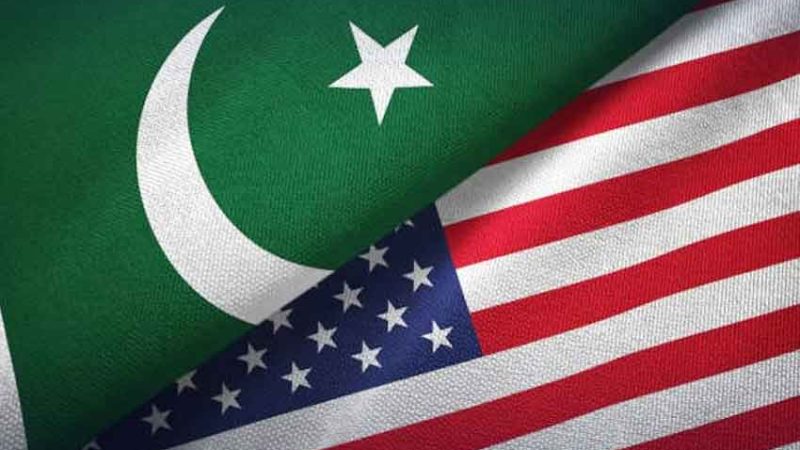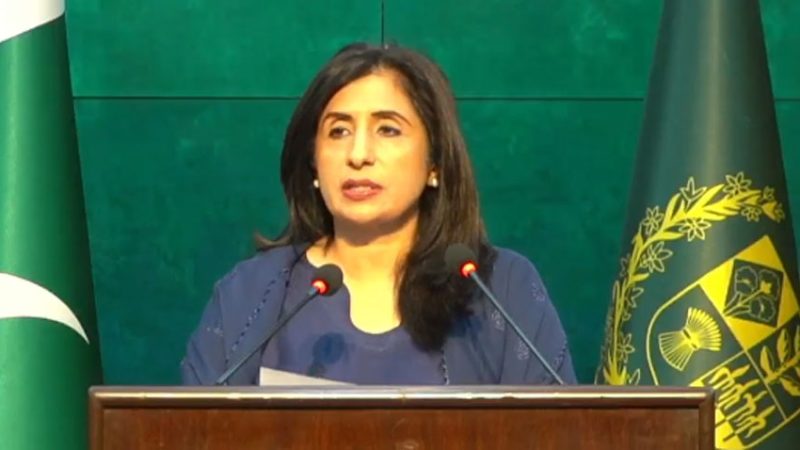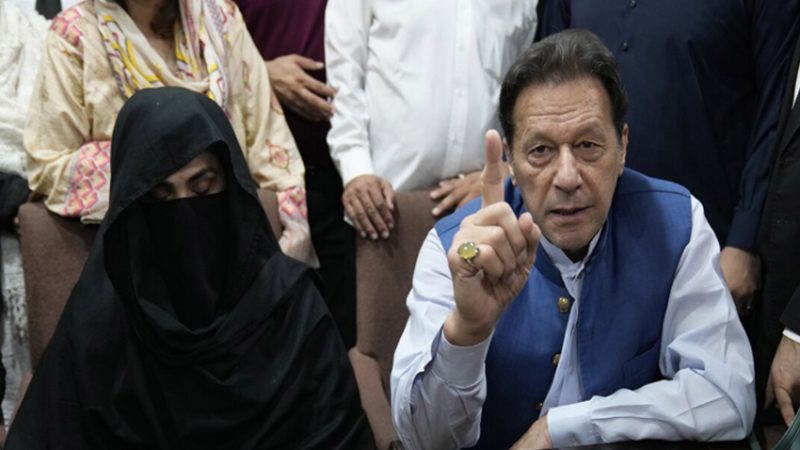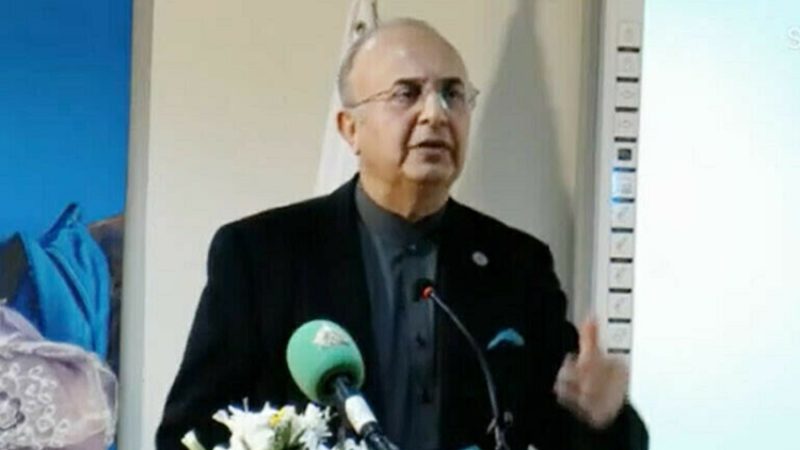Pakistan Expresses Solidarity with Bangladesh and Calls for Peaceful Resolution

On Wednesday, Pakistan voiced its solidarity with the people of Bangladesh and expressed hope for a “peaceful and swift return to normalcy” following the recent protests that led to the resignation of former Prime Minister Sheikh Hasina two days earlier.
This statement aligns with anticipations of the imminent establishment of a caretaker government under Nobel laureate Muhammad Yunus, who has been requested by student protest leaders to assume leadership.
The unrest, which led to Hasina’s removal, began with protests against public sector job quotas favoring families of veterans from Bangladesh’s 1971 independence war. Critics contended that these quotas were manipulated to benefit affiliates of the ruling Awami League party.
“The government and people of Pakistan stand in solidarity with the people of Bangladesh, sincerely hoping for a peaceful and swift return to normalcy,” the Foreign Office (FO) stated. “We are confident that the resilient spirit and unity of the Bangladeshi people will guide them toward a harmonious future,” the statement continued.
Since July, over 400 lives have been lost as security forces sought to manage the escalating violence. The situation culminated in Hasina’s resignation and departure by helicopter on Monday, following a shift in military support. She has since sought refuge in a secure location near New Delhi, India.
On Monday, Bangladesh’s army chief, General Wakeruz Zaman, announced the military’s plan to establish an interim government, emphasizing the necessity to end the violence. The following day, President Mohammed Shahabuddin dissolved parliament—a key demand of the student leaders and the opposition Bangladesh National Party (BNP), which has called for elections within three months.
Begum Khaleda Zia, BNP chairperson and former prime minister, was also released from house arrest.
Protest leaders expect the interim government to be finalized on Wednesday.
The violence peaked on Monday, with over 100 fatalities, marking the deadliest day since the protests began in early July. An additional 10 deaths were reported on Tuesday, raising the total to at least 432, according to an AFP tally based on information from police, government officials, and hospital sources.
While traffic and business activities resumed on Tuesday, government offices largely remained closed. The Bangladesh Hindu Buddhist Christian Unity Council (BHBCUC) reported that 200-300 homes and businesses, predominantly Hindu, were vandalized since Monday, and 15-20 Hindu temples were damaged.
Student leaders have expressed concern over attacks on minority groups and temples, urging restraint to avoid undermining their movement.
In response, India’s Foreign Minister S. Jaishankar expressed deep concern and emphasized the need for dialogue to resolve the crisis. India has offered support to Hasina and provided her with time to consider her next steps. The Indian government also highlighted troubling reports of attacks on minorities and their properties.
UN Secretary-General Antonio Guterres and European Union foreign policy chief Josep Borrell have both called for a “peaceful, orderly, and democratic transition.” Similarly, the United States and the United Kingdom have urged for calm amidst the ongoing crisis.







